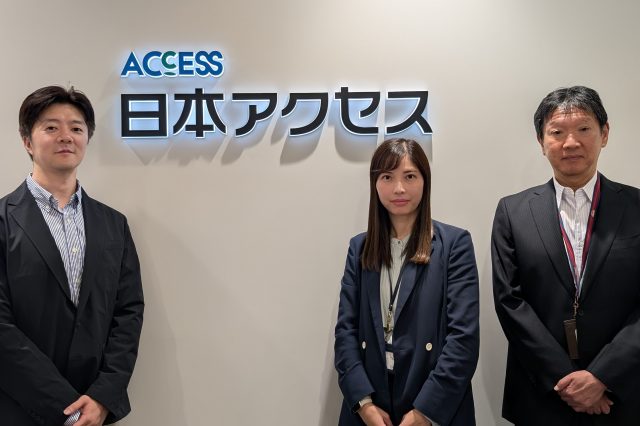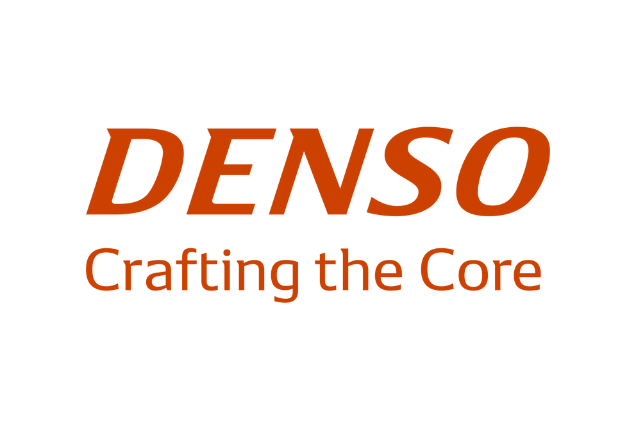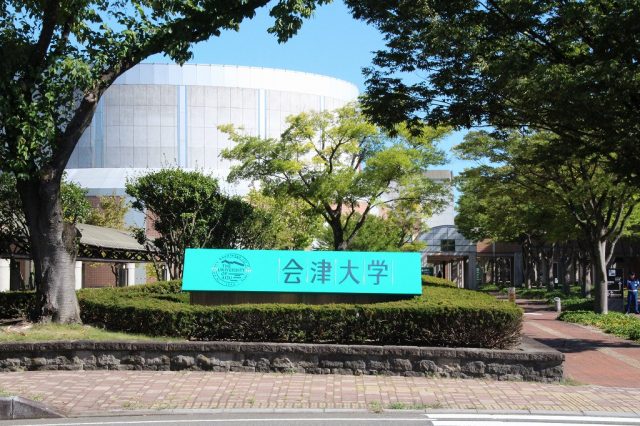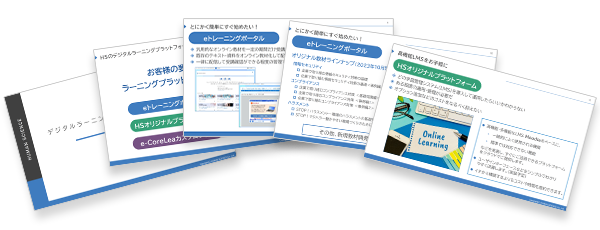Production of safety awareness content for railway construction
Reducing workload through outsourcing
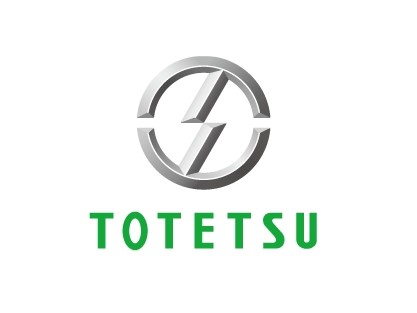

Tokyo Steel Industry Co., Ltd.
- Construction
- Material Creation
- Purpose of Implementation
- : Content Creation
Customer Requests
Human Science (hereinafter HS): Please tell us about the "Important Note Card" that is being created as one of the measures to prevent the recurrence of accidents.
Totetsu Engineering Co., Ltd. (hereinafter referred to as Totetsu): Our company conducts various safety activities under the management philosophy that "safety takes precedence over everything else."
One of the tools we use is the "Key Attention Card."
Based on past accidents that occurred in our company and others, we have created this tool to summarize key points and safety rules that require special attention concisely, aiming to prevent recurrence.
This card is utilized as a "support card" for those involved in construction, in various situations during the planning stage of construction and daily operations.
About the Key Attention Card
https://www.totetsu.co.jp/csr/safety.html
HS: "The 'Important Note Card' was created in-house, but what challenges did you face in its creation and operation?"
Tōtetsu: As for the operational method, each department's representative examines in advance what dangers may lurk in the construction work to be carried out, selects the relevant "Caution Cards," and documents the necessary measures in the construction plan, which are also used in the day's work meetings.
For example, during the KY meeting* on the day of construction, we thoroughly communicate the points of danger and measures related to the day's work using the "Caution Cards" to the workers.
However, the current "Caution Cards," which were started in 2008, are considered to need further improvement due to being text-heavy and difficult to read, having an outdated design, and not being very user-friendly.
To achieve this, I felt the need for knowledge on how to present information clearly, such as organizing the text and improving the design.
*KY Meeting: KY stands for "Kiken Yochi," which means predicting and recognizing dangers associated with work, considering safety measures, and having each individual implement them. One specific way to carry out KY activities is through a "KY Meeting."
Customer Feedback from Clients
HS: Please tell us the reasons why you chose our company.
Tōtetsu: The decisive factor was the production achievements of e-learning content at Nippon Densetsu Kōgyō, a peer in railway construction. After inspecting the company's Safety Culture Creation Hall and viewing their human science productions, I felt, "This is exactly the company I was looking for."
HS: How was it to commission us?
Tōtetsu: They respond quickly, anyway. We were able to implement it with a sense of speed, rather than doing it in-house.
Without needing to provide detailed explanations, they delivered a high level of completion, allowing us to focus on verification and reducing our workload.
When we create it ourselves, the formats tend to become inconsistent, but we are also satisfied that they created a format and achieved a cohesive finish.
From Human Science representatives
Production Process
In the first year, we decided to produce 22 particularly important cases from the existing cards created by the Architecture Department, also serving as a trial to assess quality.
Based on the reason for selecting HS being the achievements of Nippon Densetsu Kogyo, we took charge of the content production for the company and appointed members who are somewhat knowledgeable about railway construction as the responsible personnel to start the production.
①Create Template Design in PowerPoint
Many existing important cards were created in Word or Excel, but design adjustments and illustrations are better suited for PowerPoint. Therefore, we adopted PowerPoint for new cards and created a unified design.
②Create new cards from existing cards and provided materials
I carefully read the existing important cards you provided and created new cards.
In the creation process, I kept in mind:
・To summarize the content as much as possible, omitting unnecessary parts to reduce the amount of text
・To make it easily understandable at a glance, incorporating diagrams, illustrations, and photos, emphasizing important points, and improving the overall appearance
・To simplify complex sentences that tend to use many technical terms, making them easier to read
and so on.
In some cases, we only received materials before card creation, but we created one card from multiple materials.
③Expansion to Other Departments
After completing the production in the Architecture Department, we were introduced to other departments, and production was also carried out in the Civil Engineering Department and the Railway Department. We listened to the requests from the representatives of each department during meetings, created template designs in different colors, and customized the content to suit each department's needs, ensuring that the production met their requirements.
We are currently continuing the production together with the representatives from each department.
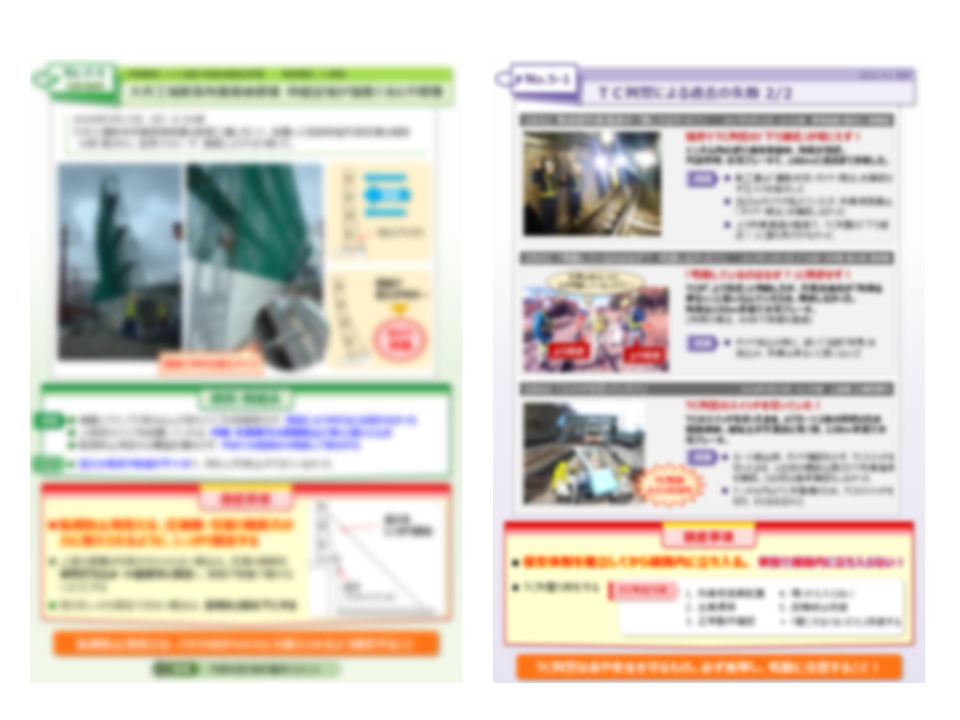
Published on August 19, 2021












